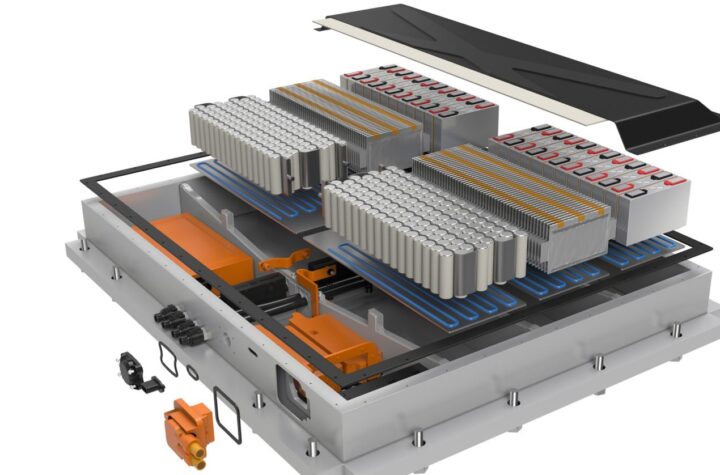
One of the companies leading this new field of customer engagement is Artificial Solutions, which has just introduced Teneo 5, which is described as a true hybrid model that seamlessly integrates linguistic and machine learning.
Automotive Industries (AI) asked Andy Peart, Chief Marketing and Strategy Officer, Artificial Solutions, what are the key features/improvements in Teneo 5. Peart: Our automotive customers enjoy a level of visibility, flexibility and control of their conversational AI projects that is unmatched in the market-place. Conversational data generated by the application is integrated seamlessly across all modules of Teneo 5 enabling real-time access to business data insights and data-driven development that automatically enhances the interaction and maintains the system.
Another key area is a hybrid approach that provides a native interface which ensures seamless integration between linguistic and machine learning. Finally, Teneo 5’s enhanced technology stack makes installation simpler, and allows for faster roll-out of new environments, particularly in applications where the auto-maker choose to self-host.
AI: What is the response from the OEMs? Peart: Extremely positive, both in Europe and the US. We’re working with a number of the leading manufacturers and suppliers to deliver conversational AI solutions across a range of use-cases ranging from infotainment systems, through customer service to driving customer engagement on websites.
AI: What are some of the challenges? Peart: When we converse as humans, we are unpredictable. It becomes extremely challenging when you add multiple languages across different channels and industry sectors, as well as supporting multiple input modes including voice, text and touch. Automakers therefore need toolkits – specialist developer platforms like Teneo – that include all the necessary components to build, deploy and maintain conversational AI systems.
AI: How can Teneo help in rapid deployment of NLI applications in cars and keep costs down? Peart: Teneo is already known for reducing development timescales from potentially years to months – or even weeks – when compared with other conversational AI platforms. Teneo’s front-end graphical interface provides immediate access to data-driven insights, enabling the conversational AI designer to easily understand what’s working with the dialog flow, and more importantly what’s not.
AI: are you addressing the privacy issue? Peart: Our platform provides businesses with the flexibility to self-host or use cloud hosting options that can be tailored to the most exacting security conditions, across multiple geographies and legal requirements. It is also possible to pseudonymize PII data to enable conversations to still be used for statistical analysis and data insight even when the PII has been removed.
AI: How does company meet the General Data Protection Regulation (GDPR) requirements? Peart: Storing all the conversational data in one area makes it easy to search and retrieve, and to process the data in accordance with an organization’s GDPR policy before the information is stored.
AI: What are some of the challenges facing connected and conversational cars and how does Artificial Solutions hope to meet these? Peart: The menu-driven command style of most automotive apps does little to engage the customer or make their lives more convenient.
Conversational AI changes this by allowing customers to ask questions and give orders using their own words. Pre-built apps only offer a limited functionality. This restricts your ability to differentiate the brand and vehicles within the range. Teneo allows seamless integration into other systems, creating a conversation that goes beyond the boundaries of the vehicle to interact with services such as home automation, charging stations, or roadside assistance.












More Stories
Automotive Industries (AI) Newsletter April 2025
GlobalLogic Pioneering Software-Defined Vehicles, AI Innovation, and Sustainable Solutions for the Future of Automotive Mobility
Cybord TCI – The Future of Manufacturing Integrity